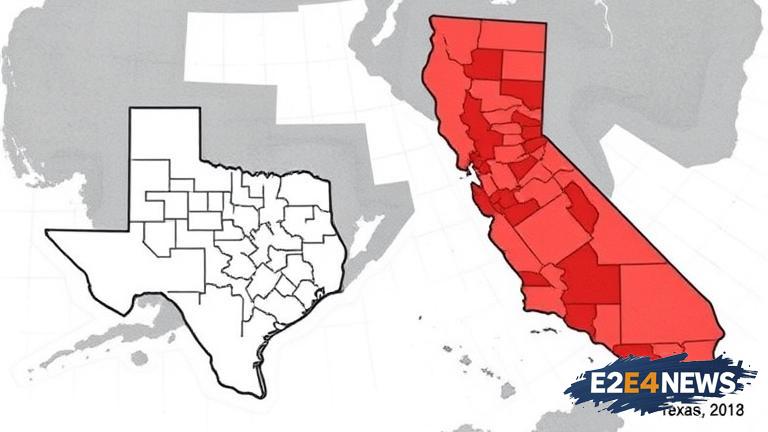In a scathing critique, national reform organizations have come together to condemn the states of Texas and California for their alleged involvement in gerrymandering. Gerrymandering, the practice of manipulating electoral district boundaries for political gain, has long been a contentious issue in American politics. The reform organizations, which include the National Association of Secretaries of State and the League of Women Voters, argue that the practice undermines the democratic process and disenfranchises certain groups of voters. According to the organizations, Texas and California are among the worst offenders, with both states accused of engaging in blatant partisan gerrymandering. The controversy has sparked heated debates and calls for electoral reform, with many arguing that the current system is rigged against certain parties or demographics. The reform organizations point to the fact that Texas and California have some of the most distorted electoral maps in the country, with districts that are heavily skewed in favor of one party or the other. This, they argue, leads to a lack of competitive elections and a disproportionate representation of certain groups in government. The issue has also raised concerns about the impact of gerrymandering on marginalized communities, who may find themselves split across multiple districts or packed into a single district, diluting their voting power. The reform organizations are calling for a comprehensive overhaul of the electoral system, including the implementation of independent redistricting commissions and stricter rules to prevent partisan gerrymandering. They also argue that the current system is in dire need of reform, citing the fact that many elections are effectively decided before a single vote is cast. The controversy has also sparked a wider debate about the role of money in politics and the influence of special interest groups on the electoral process. As the debate rages on, it remains to be seen whether Texas and California will take steps to address the concerns of the reform organizations and implement meaningful reforms. The issue is likely to be a major talking point in the upcoming elections, with many candidates already weighing in on the issue. Some have argued that gerrymandering is a necessary evil, allowing parties to maintain a level of control and stability in government. However, others argue that this comes at the expense of democratic principles and the rights of voters. The reform organizations are adamant that the practice must be stopped, citing the fact that it undermines the very foundations of democracy. They point to examples of other countries that have implemented successful electoral reforms, such as proportional representation systems, which they argue could help to reduce the impact of gerrymandering. The controversy has also highlighted the need for greater transparency and accountability in the electoral process, with many calling for stricter rules and regulations to prevent partisan manipulation. As the debate continues to unfold, it is clear that the issue of gerrymandering will remain a major point of contention in American politics. The reform organizations are committed to pushing for meaningful reforms, and it remains to be seen whether their efforts will be successful. The issue has also sparked a wider conversation about the need for electoral reform, with many arguing that the current system is in dire need of an overhaul. The controversy has highlighted the need for a more nuanced and informed discussion about the electoral process, and the ways in which it can be improved to better serve the needs of voters. Ultimately, the issue of gerrymandering serves as a reminder of the importance of protecting democratic principles and ensuring that the electoral process is fair, transparent, and accountable to all voters.
